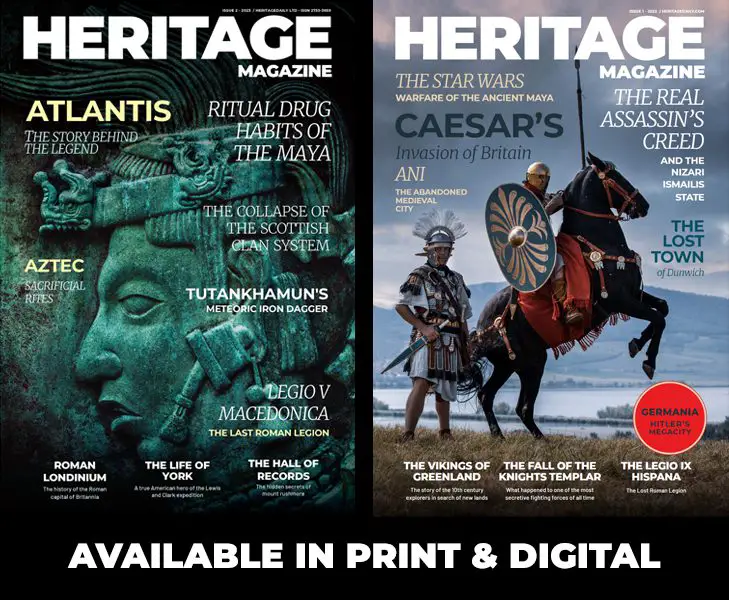Archaeologists from the Centre of Mediterranean Archaeology of the University of Warsaw have unearthed a 1,000-year-old garden in the medieval town of Soba next to Khartoum in Sudan.
Soba used to be the capital of the medieval Nubian kingdom of Alodia from the sixth century AD until around AD 1500.
Contemporary written sources described the town as having many churches, mansions and beautiful gardens, however, most of the architectural remains were plundered for building materials when Khartoum was founded in 1821.
Archaeologists applied a series of geophysical surveys that revealed the extent of the town covering an area of 494 acres.
An excavation of what was initially interpreted as a homestead from the geophysical data was revealed to be the remains of a former garden. Dr. Mariusz Drzewiecki from the Centre of Mediterranean Archaeology of the University of Warsaw said: “This is the first discovery of this type in Soba and one of only a few in Sudan”.
Excavations unearthed walls made from mud bricks that marked the layout of the garden, along with an irrigation system in the form of channels that supplied water to areas where trees or larger shrubs had grown in the past.
The team also discovered a burnt kitchen with a large semi-circular oven, in addition to a series of rooms built from mud bricks. “Perhaps we are dealing with a utility room of a larger complex, perhaps we have captured a fragment of a residential complex, which also included the garden we are examining” – said Dr. Drzewiecki.
Header Image Credit : Dr. Mariusz Drzewiecki







